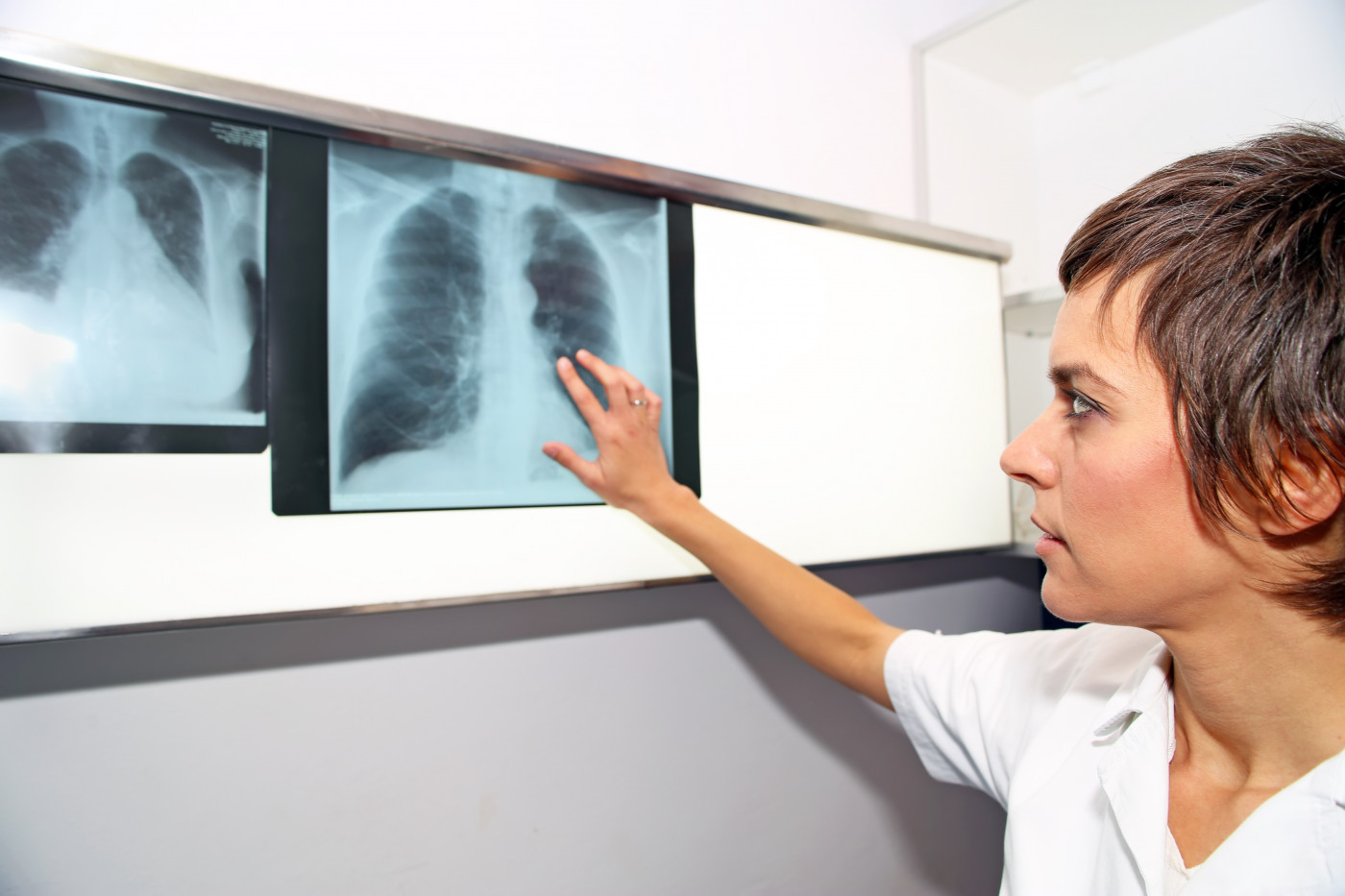Revatio Fails to Prevent PAH Progression in Sarcoidosis Patient, Case Report Finds

Therapies used to treat pulmonary hypertension (PH), such as Revatio (sildenafil), provide only temporary benefit for patients with sarcoidosis-associated PH, according to a case report published in the journal Advances in Respiratory Medicine.
The report demonstrates that such therapies fail to prevent disease progression and improve patients’ outcomes, highlighting the need for better therapies and improved care for this patient population.
Sarcoidosis is a condition that can affect several organs and presents a variable clinical profile. When affecting the lungs, sarcoidosis can lead to the development of PH, which results from the inflammatory status and pulmonary fibrosis associated with sarcoidosis.
About 6 percent of sarcoidosis patients end up developing PH, but it can affect up to 74 percent of patients with advanced fibrotic pulmonary sarcoidosis. This pulmonary complication can worsen sarcoidosis symptoms and have a negative impact on patients’ outcomes.
There is no proven treatment to effectively treat sarcoidosis-associated PH. This is a matter of concern in the field given the poor prognosis related to this condition.
In “Sarcoidosis-associated pulmonary hypertension treated with sildenafil ― a case report,” a team led by researchers from the National Tuberculosis and Lung Diseases Research Institute in Warsaw, Poland, detailed the case of a patient with severe sarcoidosis-associated PH who was treated with Revatio, a vasodilator drug.
The patient was a 53-year-old woman with diagnosed stage 4 sarcoidosis since 2010. Initial chest evaluation revealed massive lung fibrosis, with additional tissue thickness and nodules. Features associated with PH also were detected, including an enlarged right side of the heart. Evaluation of pulmonary blood pressure confirmed the diagnosis of sarcoidosis-associated PH.
The clinical team initiated glucocorticosteroids treatment, and later added methotrexate. Such immunosuppressive strategy resulted in only partial reduction of lung disease burden, with improved total lung capacity. However, the gas exchange impairment in the lungs persisted.
“The knowledge about the impact of GCs [glucocorticosteroids] and other immunosuppressive agents on SAPH [sarcoidosis-associated PH] is limited, but improvement in PH was achieved in some of the patients, mainly in those in whom lung fibrosis was advanced,” the researchers wrote.
In the following years the patient showed a reduction in exercise capacity and diffusing capacity of the lungs for carbon monoxide. To counteract this aggravated gas exchange, oxygen therapy was initiated.
Despite the therapeutic efforts made to manage the respiratory symptoms, further deterioration of the patient’s condition led to the development of signs of right heart insufficiency.
In response to the progressive PH, and in accordance with treatment guidelines, the team decided to initiate off- label therapy for severe PH due to lung disease with administration of 75 mg Revatio daily. This therapeutic strategy triggered a significant functional improvement in the following months.
Studies have reported that PH therapies such as Revatio, Tracleer (bosentan), and others, can be beneficial for patients with sarcoidosis-associated PH. However, they commonly fail to promote improvements in exercise capacity.
The positive effects of Revatio seen on this patient did not least for long, and nine months after therapy initiation the patient presented signs of severe PH progression and heart symptoms. This condition persisted and the patient died six years after the diagnosis of sarcoidosis-associated PH.
“A significant, but only temporary improvement in functional status was observed, and the patient died of gradually progressing heart and respiratory failure while awaiting for lung transplantation” the researchers wrote.
“Given the mortality rate of patients with SAPH [sarcoidosis-associated PH], evaluation for lung transplantation should be considered early,” the team suggested.






